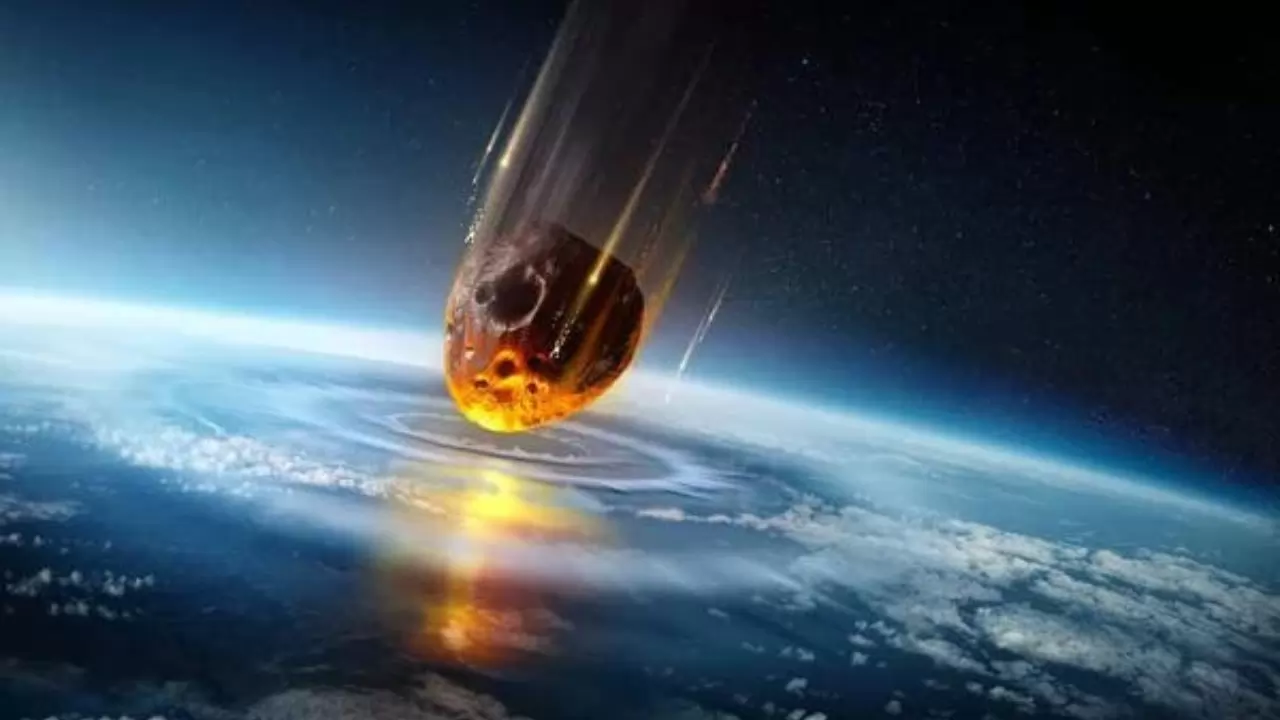
X
In a startling revelation, the Chief of the Indian Space Research Organisation (ISRO) has issued a grave warning about the potential catastrophic consequences of an asteroid hitting Earth. Addressing a global audience, the ISRO Chief emphasized the urgent need for robust planetary defense mechanisms to protect humanity from such existential threats.
Asteroids, often referred to as "space rocks," are remnants from the solar system's formation. While most of these celestial bodies pose no immediate danger, certain near-Earth objects (NEOs) have the potential to collide with our planet. Such an impact could have devastating consequences, ranging from regional destruction to global extinction events.
Throughout Earth's history, asteroid impacts have played a pivotal role in shaping the planet's geological and biological landscape. The most famous example is the Chicxulub impactor, which struck Earth around 66 million years ago, leading to the mass extinction of the dinosaurs. This historical precedent underscores the importance of taking current threats seriously and preparing for potential future impacts.
As a leading space research organization, ISRO is at the forefront of efforts to monitor and mitigate asteroid threats. The ISRO Chief highlighted several initiatives aimed at enhancing our ability to detect, track, and deflect potentially hazardous asteroids. These efforts include collaboration with international space agencies, the development of advanced telescopes, and research into innovative deflection technologies.
The head of ISRO declared that humanity would all perish if such an event occurred on Earth. These are plausible scenarios that cannot be completely ruled out. It is best that we get ready for this. This is not what we want to occur on Earth. Although we cannot stop it, we want humanity and all other living things to be secure here.
Alternatives must be found. Therefore, we possess a method for deflecting it. He claimed that by finding the asteroid and altering its course, we could avert a catastrophic calamity on Earth. But to do this, we need to be really skilled technically. It is necessary for us to create technologies that can both forecast and alter their course.
Recent advancements in space technology offer hope in the fight against asteroid impacts. Projects like NASA's DART (Double Asteroid Redirection Test) mission, which aims to test the feasibility of deflecting an asteroid, represent significant steps forward. ISRO's collaboration with such initiatives is crucial in ensuring a multi-faceted approach to planetary defense.
Raising public awareness about the asteroid threat is vital. The ISRO Chief called for educational campaigns to inform the public about the risks and the steps being taken to mitigate them. Informed citizens are better equipped to support and advocate for necessary funding and policy measures. The ISRO Chief's warning serves as a stark reminder of the fragility of human existence in the face of cosmic threats. While the probability of a catastrophic asteroid impact shortly is low, the potential consequences are too severe to ignore. By investing in planetary defense, fostering international collaboration, and raising public awareness, humanity can better prepare for and potentially prevent an asteroid-induced extinction event.





Copyright © 2026 Top Indian News
